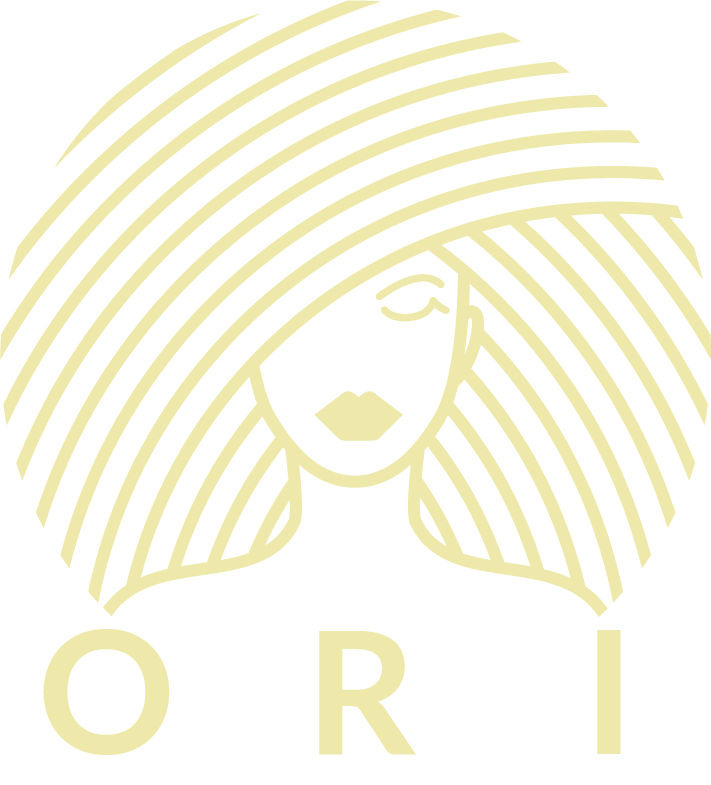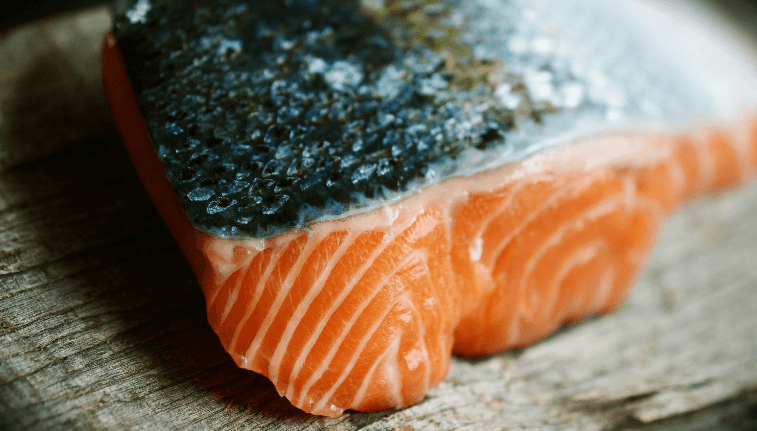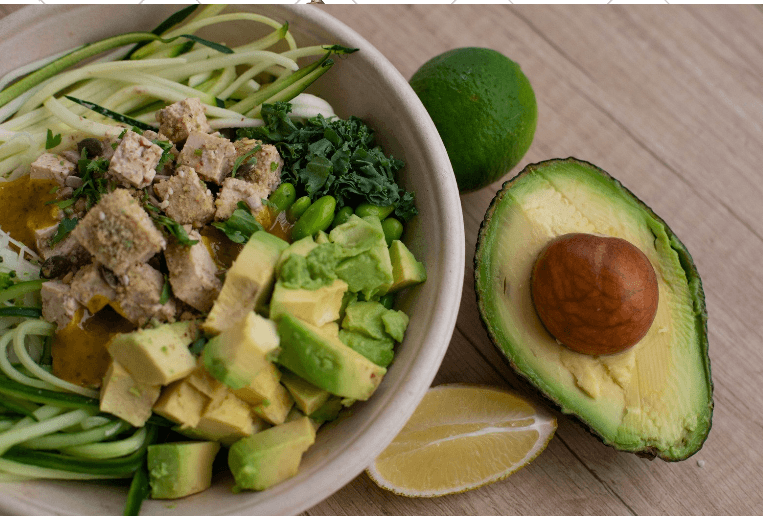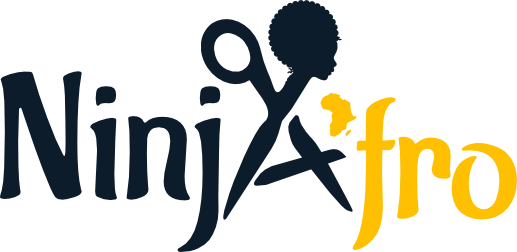Top 5 Foods: Afro Hair Strength

Contributor: Titilolami Bello (Ori Lifestyle, @oribytiti)
It’s a sexy headline isn’t it?
Okay, let’s cut through the foreplay. When it comes to the overall quality of your hair, its ability to maintain moisture and its elasticity and shine, most nutritionists would agree that nutrition matters, and the best approach for overall hair health is a balanced diet.
Unfortunately, most people have lost all understanding of what a balanced diet is. It certainly isn’t a diet that cuts out any food groups, neither is it fads that see a huge calorie deficit, which can in turn have an adverse effect on the hair.
A balanced diet is one made up of the all the food groups in the right ratios to support one’s age, height, activity level and overall wellbeing. This means that a balanced diet will typically include complex sources of carbohydrates, lean sources of protein, and of course good fats, vitamins and minerals from micronutrients.
So let’s assume you are all eating a balanced diet or at least striving towards making changes - all you need me to do here is to help you along by suggesting 5 foods which you may want to consider including in your diet because of their superb nutritional benefits. Here we go with my top 5 foods:
1. Yam - Yam provides decent amounts of copper and vitamin C. Copper is vital for red blood cell production and iron absorption. Women, especially those of African, Caribbean, and Asian heritage, typically suffer from iron deficiency more than men. Iron deficiency can greatly affect your hair health. Therefore, incorporating yam or other food rich in copper and vitamin C can improve your hair health and strength.
If you don’t like yam (or don’t know what it is), other sources of copper include liver, spirulina, almonds, cashews, dark leafy vegetables and even dark chocolate!

2. Oily fish - Salmon, herring, mackerel, sardines and trout are packed with protein and good fats (omega-3 fatty acids) that contribute towards hair shine and strength; they also help prevent breakage. The NHS recommends eating at least two portions of oily fish a week.
If you are on a plant-based diet, chia seeds and flaxseeds are plant sources of omega-3. Brussel sprouts can also be a source of omega-3 – so you don’t need to save them for just Christmas lunch. However, it’s important to acknowledge that these plant sources have their limitations in terms of how much the body can absorb, so I personally recommend that vegans and vegetarians supplement with a good fish oil.
3. Beans and lentils - Beans and lentils are packed with protein, zinc and biotin. Biotin is a vitamin B complex necessary for hair growth. Quite frankly you need not worry about getting biotin; it’s abundant in so many foods, plus it’s made in your small intestine too!

4. Avocados - I’m reluctant to share my secret weapon but…, avocados. I incorporate avocados mostly as a great source of vitamin E.
One medium avocado (about 200 grams) provides 21% of your daily vitamin E needs. Like vitamin C, which I started this article with, vitamin E is an antioxidant that helps combat oxidative stress by neutralizing free radicals. One study even found that people with hair loss experienced 34.5% more hair growth after taking a vitamin E supplement for eight months. Please don’t rush out to buy pills! I certainly don’t take vitamin E pills. If you don’t like avocados, why not try broccoli, mangoes, kiwis, or sunflower seeds? They are also great sources of vitamin E.
5. Chicken and beef- Many of us don’t eat enough protein to support optimal hair growth. Chicken contains high levels of protein as well as healthy hair nutrients including zinc, iron and B vitamins. Zinc promotes hair growth and repair, and normalizes the production of oil around the hair follicles. If your diet is deficient in zinc this can reduce the overall thickness of your hair and lead to hair loss.

Protein in the form of meats can help with iron deficiency. As I mentioned earlier, many women suffer from iron deficiency and I have to regularly remind them that iron from meat is easier for the body to absorb than plant-based sources. This does not mean doom for those on a plant-based diet, it just means you need to work harder at pairing plant sources. Personally, I eat lean cuts of beef once or twice a week unfailingly, as I have battled with low iron for many years. Alternatively, iron supplements are also an easy, healthy way to take on extra iron. Being intentional about your iron level is key.
I hope you’re able to take away a few points from this piece; not least the key point that I started with – a balanced diet is best. These 5 foods should help you on your hair journey and your overall wellbeing.
